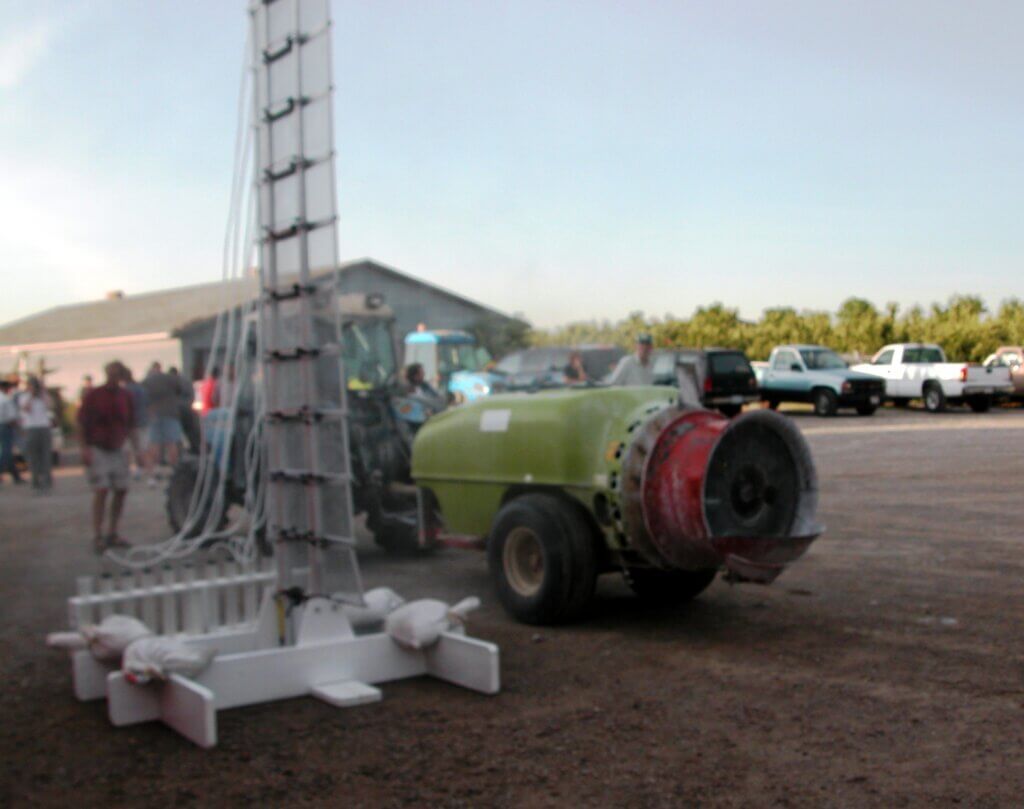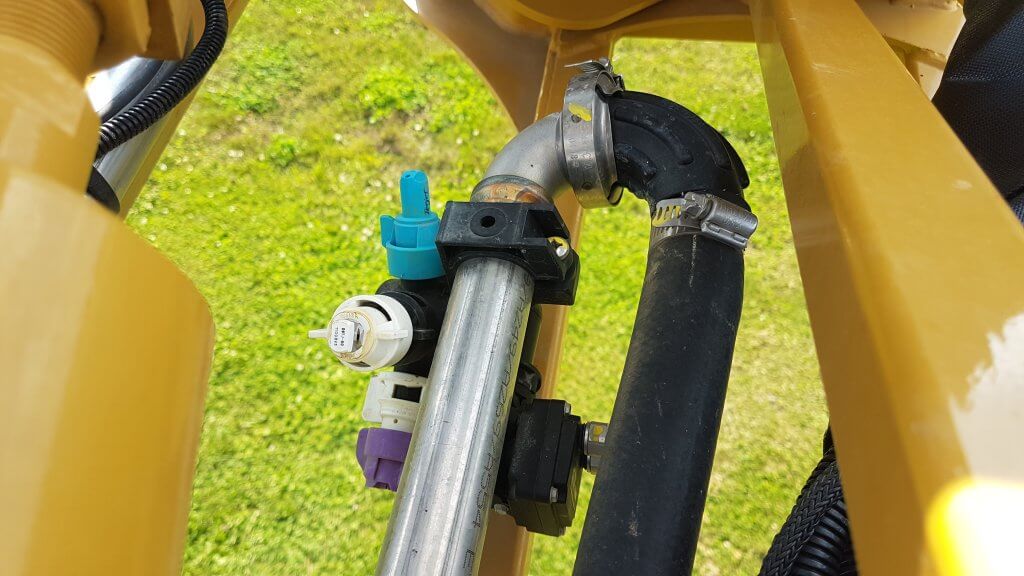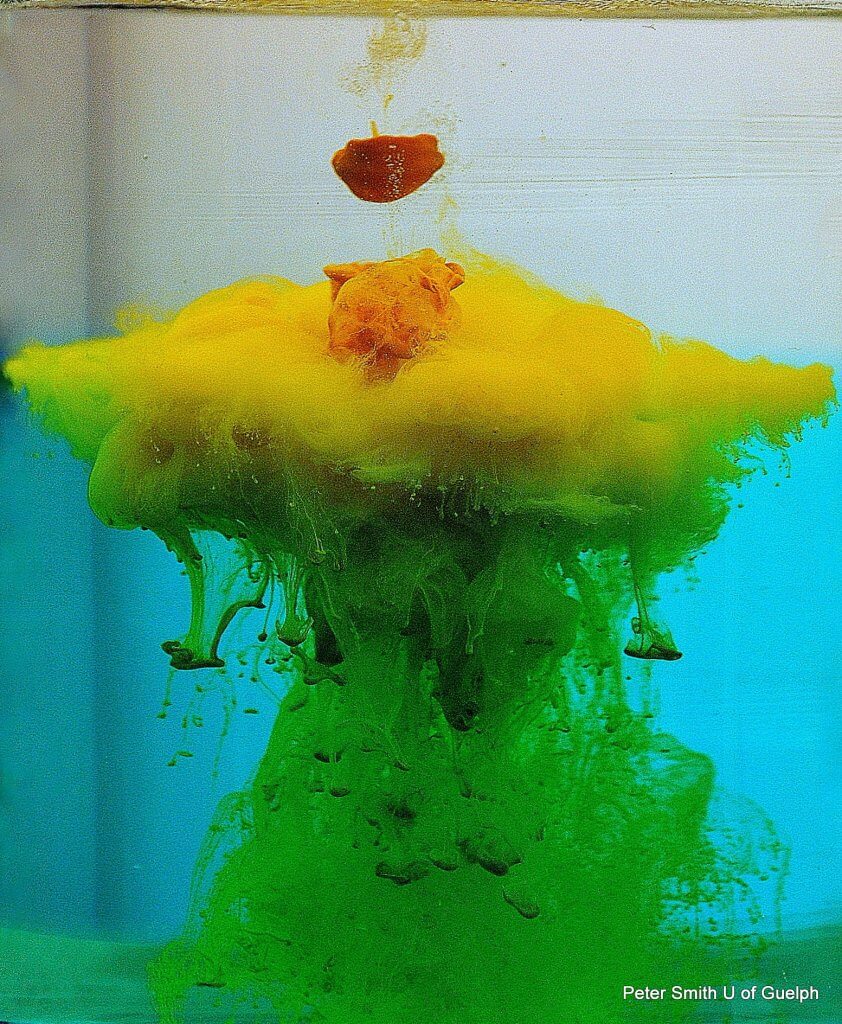
Calibration is a fundamental step in any spray application. To apply the correct product rate, we need to know how much liquid per unit land area is deposited under the sprayer. To conduct the calculations, either manually or through the drone software, we need to know the width of the spray swath. This task requires […]



